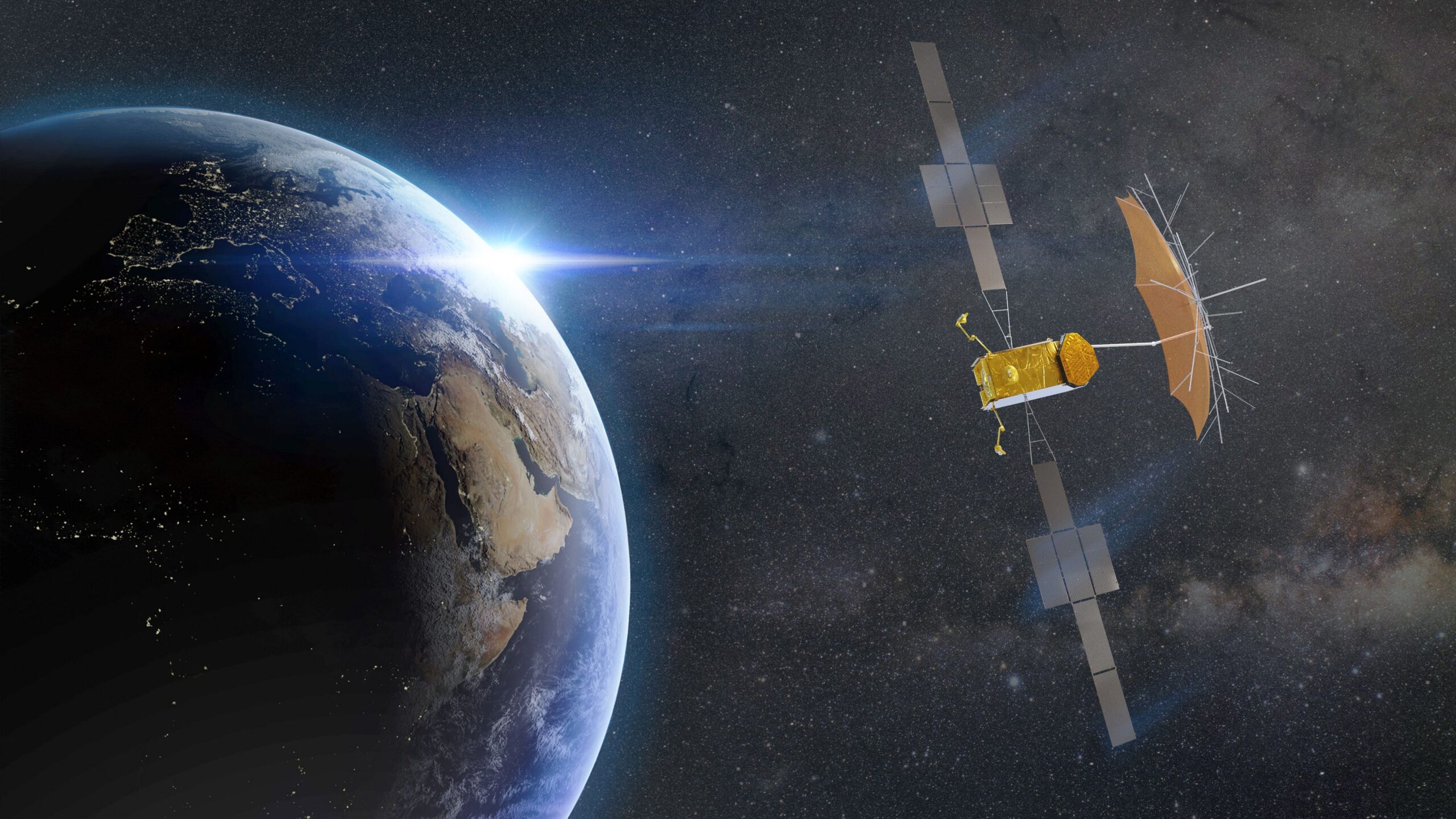TAMPA, Fla. — While an anomaly on an old Boeing-built satellite dented revenues at Yahsat, the Emirati operator’s profit was lifted by compensation from Airbus after its next-generation mobile connectivity spacecraft was caught up in manufacturing delays.
Yahsat sales fell 3% year-on-year to around $200 million for the first six months of 2024, the company reported July 30, after the failure of Thuraya 3’s L-band payload in April weighed on its mobile communications business.
The operator said it remains in control of Thuraya 3 but has exhausted most recovery options for the payload, which launched to geostationary orbit over South and East Asia in 2008.
Details about the issue were not disclosed. A source with knowledge of the situation said Thuraya 3 had a design life of 12 years.
In May, UAE’s flagship space company announced it had restored services within Indo-China and was working on other areas.
According to Germany-based satellite service provider m-cramer, services were restored in some countries by extending the coverage of Thuraya 2, Yahsat’s other L-band mobile connectivity satellite that remains in service after launching in 2003.
However, m-cramer said Thuraya services over Australia and Japan remain affected and are unlikely to be restored.
Yahsat also operates three Ka-band satellites for providing broadband and broadcast services: Al Yah 1, Al Yah 2 and Al Yah 3.
Replacement delay
Yahsat announced a contract with Airbus in 2020 for Thuraya 4 to refresh its L-band network, later picking SpaceX for a launch in the second half of 2023 on a Falcon 9 rocket.
However, Yahsat currently expects Thuraya 4 to launch in the last three months of 2024, amid schedule and cost issues that have led Airbus to seek strategic options for its space business.
Airbus recorded a previously disclosed charge of roughly a billion dollars for its space business in first-half 2024 earnings results, also announced July 30.
The European manufacturer posted a total revenue of 4.99 billion euros ($5.4 billion) for its Airbus Defense and Space division, up 7% year-on-year, mainly driven by non-satellite activities.
In a call to discuss its latest earnings with analysts July 30, the CEO of Leonardo said the Italian aerospace giant is discussing alliances and synergies with Airbus and France’s Thales that could strengthen Europe’s space industry, Reuters reported.
Leonardo and Thales share the Thales Alenia Space joint venture that competes with Airbus for space projects.
According to a recent report by French newspaper La Tribune citing unnamed sources, price and performance pressures have also prompted Airbus and Thales Alenia Space to propose leaving the group bidding for a leading role on IRIS², Europe’s planned sovereign broadband constellation.
The manufacturers reportedly proposed being downgraded to suppliers for the delayed program in a letter to the consortium’s satellite operator members: SES, Eutelsat and Hispasat.
Airbus and Thales Alenia Space declined to comment.
“The public procurement is still ongoing,” a spokesperson for the European Commission told SpaceNews, so “we do not comment on the status.”
For Yahsat, the Thuraya 4 delay resulted in around $30 million in damages from Airbus in the first half of 2024.
The cash boost helped the company record around $48 million in profit for the first half of 2024, stable versus the prior year despite the introduction of a new corporate income tax in the UAE.
Ali Al Hashemi, Yahsat’s CEO, said the operator also continues to make progress with finalizing a $5.1 billion contract to provide broadband services to the UAE government until at least 2043.
About a billion dollars from this contract is being advanced to Yahsat to fund Airbus work on two new geostationary broadband satellites, Al Yah 4 and Al Yah 5, slated to launch in 2027 and 2028, respectively.
Yahsat also recently ordered a pair of low Earth orbit satellites from Airbus, which Al Hashemi earlier told SpaceNews could be used to test direct-to-smartphone connectivity.
Related
Read the original article here



